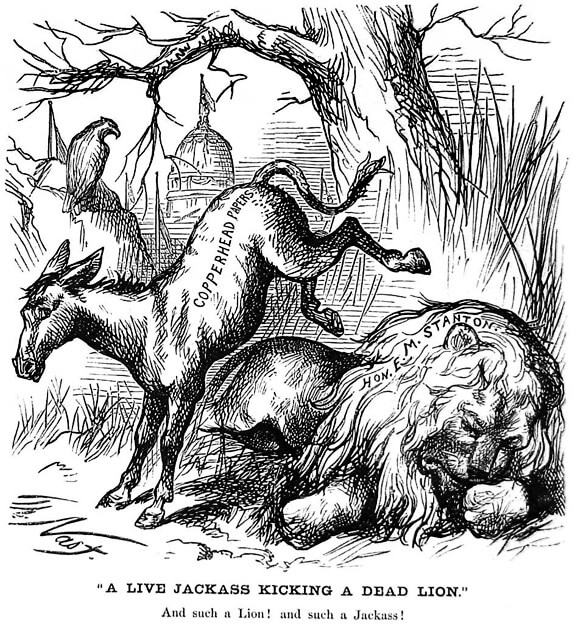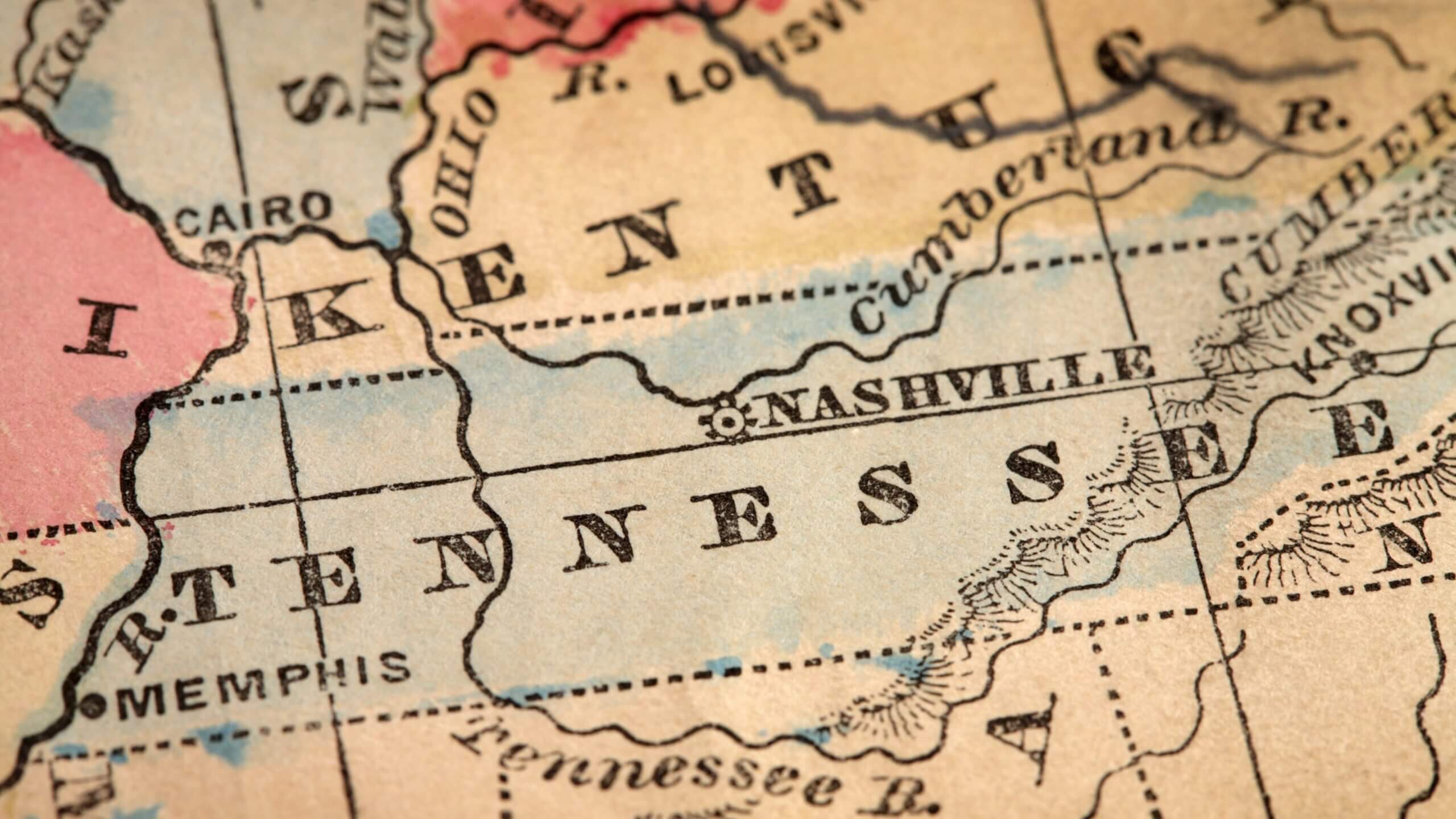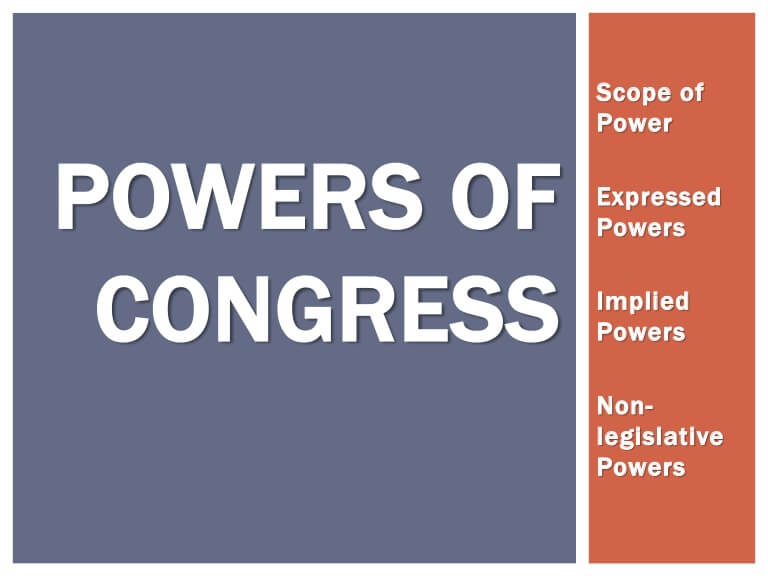GC.10 Analyze Article I and the 17th Amendment of the Constitution as they relate to the legislative branch, including: eligibility for office, roles, length of terms, and election to office for representatives and senators, respectively. H, P
What am I learning today?
Understand the origins of political parties in the United States.
Why am I learning this?
To be able to identify and describe four major periods of single-party domination and describe the current era of divided government.
How will I know I learned this?
When you can identify the major political parties and what their ideologies are.
The song told us about the FEDERALISTS and the DEMOCRATIC-REPUBLICANS.
Alexander Hamilton: Pro-Business – Federalist Party
Thomas Jefferson and James Madison: Pro-Agrarian – Democratic-Republican Party
Four Major Eras
1800 to 1860 – Democrats won 13 of 15 presidential elections. Lost in 1840 and 1848.
1860 to 1932 – Republicans won 14 of 18 presidential elections. Lost in 1884, 1892, 1912 and 1916.
1932 to 1968 – Democrats won 7 of 9 presidential elections. Lost in 1952 and 1956.
1968 to Present – Divided Government – Republicans have won 8 of 13.
Thomas Nast – Cartoonist
Political Animals: Republican Elephants and Democratic Donkeys
Era #1 – Era of the Democrats
Thomas Jefferson was elected in 1800. The Federalist party lost this election and ceases to exist by 1816.
Historical Timeline
Democratic-Republican party dominated elections until the mid-1820s when they began squabbling among themselves, forming factions of smaller groups disagreeing with other groups on various issues.
Federalist Party is Gone – The Whig Party fills the Vacuum
Andrew Jackson (1829-1837) began what history professors call Jacksonian Democracy.
The Whig Party formed to oppose Jacksonian Democracy.
A pattern continues: The vast majority of Democratic party supporters lived in the South and the emerging West. The Whigs were supported by East Coast bankers, merchants, industrialist and owners of large southern plantations.
A storm cloud is beginning to form on the horizon…..
The Cloud Gets a Lot Closer!
The 1850s witnessed a storm cloud getting larger and larger, more ominous and more dangerous….
Slavery – this issue caused both parties to fracture into different factions with various views on the topic of slavery. What does factions mean? In 1854, some Whigs splintered apart and became members of a brand new party, the Republican party. They ran a candidate for President in 1856, John C. Fremont, and their second candidate won in 1860. Hmm… Who could that be???
What does electorate mean? Sectionalism?
https://www.merriam-webster.com/dictionary/electorate
https://www.merriam-webster.com/dictionary/sectionalism
incumbent? faction?
https://www.merriam-webster.com/dictionary/incumbent
https://www.merriam-webster.com/dictionary/faction
Republican Party is the Party of Lincoln
Lincoln’s win with the Republican party marked a first and last in U.S. politics. A newer, ‘third party’, grew in four years into a major party and won a presidential election in its literally infancy. That feat has never been replicated.
http://www.270towin.com/1860_Election/
Era #2 – Era of the Republicans
Lincoln’s win in 1860 was one of major factors that caused the Civil War a year later. The Republican party would dominate presidential elections until 1932.
1932 – The Great Depression
The Democrats grabbed the momentum back and dominated presidential elections from 1932 to 1968. Franklin Roosevelt won the 1932 election. Our country had been suffering from the Great Depression since 1929. FDR promised hope. A large part of the electorate blamed the Republican party for the Great Depression, pointing out how big business and the banks of the times were failing to stay open, costing people their jobs and their money.
Do you think old mean Mr. Potter was portraying a Republican or a Democrat?
Pivotal events, huge swings in party support.
The Civil War. The Great Depression. 1968. 1968?
1968
“The year 1968 was a watershed year in American history — a turning point for the nation and its people. A year of vivid colors, startling sounds, and searing images. A turbulent, relentless cascade of events that changed America forever. From assassinations and conflicts, pop culture and free love, civil rights and women’s rights, Americans questioned traditional values and authority that sent shockwaves across the country, including in Western Pennsylvania.” – Heinz History Center – Heinz Museum Video….
October of 1968
US Olympic Committee suspends Tommie Smith & John Carlos for giving “black power” salute as a protest during victory ceremony.
1968 Begins a New Era
The Republicans had a comparatively smooth campaign, nominating Richard Nixon as their candidate. Nixon spoke for the “Silent Majority” of Americans who supported the effort in Vietnam and demanded law and order.

Alabama Governor George Wallace ran on the American Independent Party ticket. Campaigning for “segregation now, segregation tomorrow, segregation forever” Wallace appealed to many white voters in the South. His running mate, Curtis LeMay, suggested that the United States bomb Vietnam “back to the Stone Age.” When the votes were tallied in November, Nixon cruised to an electoral vote landslide while winning only 43.4 percent of the popular vote.
https://www.270towin.com/1968_Election/
1968 Changed Our Nation
Our nation’s innocence was shattered by the events of 1968. After King was shot “Over the course of the following week, riots broke out in 125 cities nationwide.” In many instances the National Guard was required to quell the violence. In Washington, Chicago and Baltimore, it took tens of thousands of regular army soldiers and Marines. When they were over, some 39 people were dead, more than 2,600 injured and 21,000 arrested. The damages were estimated at $65m – about $385m today.” – The Guardian
Our Nation Has Never Been The Same
1968 was the beginning our current Fourth Era of divided politic dominance(?). Republicans have won 8 of 13.
What are the Democrats and Republicans Ideologies? Views ?
Liberal vs Conservative? Remember your bellwork? What party it identified you with?



